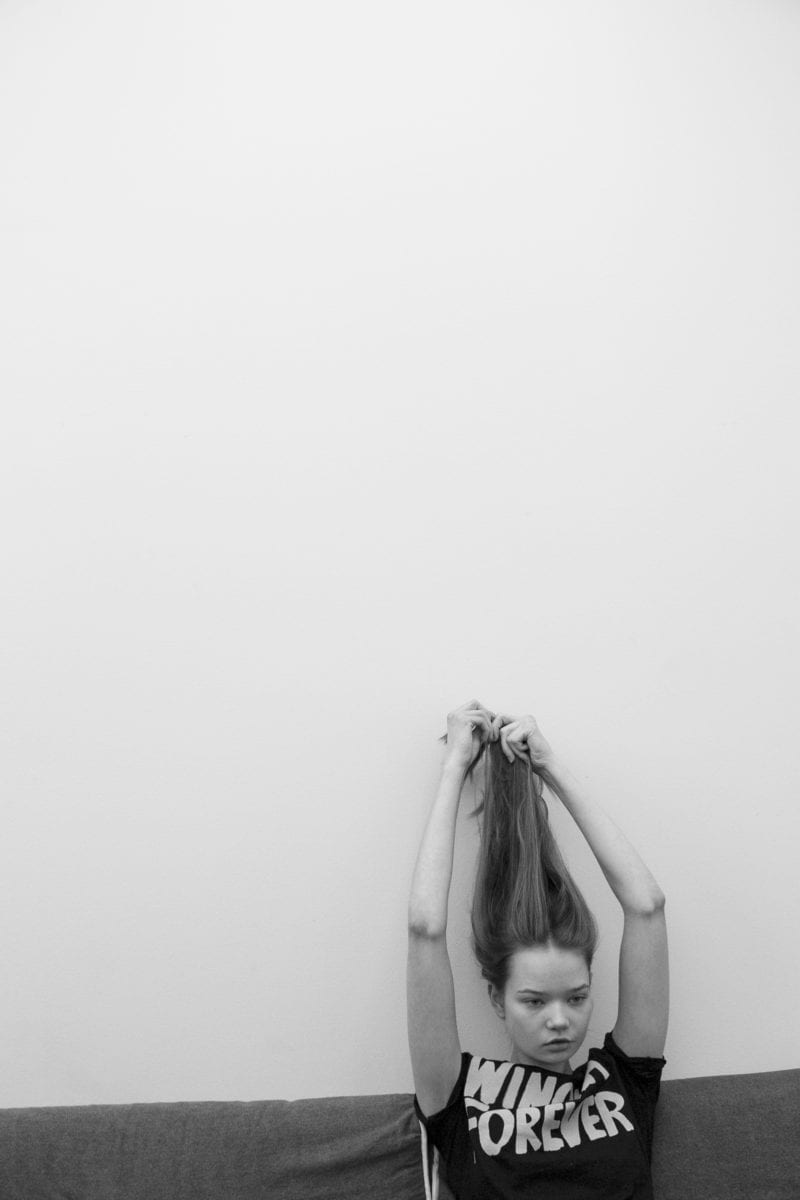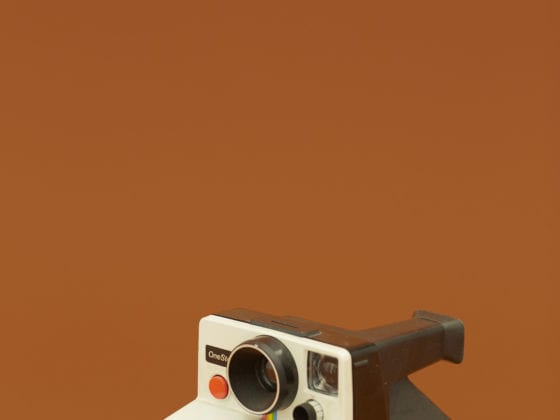Being wounded by a friend, especially a close friend, can be an immensely painful experience. Often, it feels like betrayal, and it can be hard to imagine any good coming from such pain. The reality is that when a friend wounds us, we have a choice—not in what happened—but in how we respond to it.
We can choose to let the wound fester and poison our hearts against future friendships or we can choose to do the hard work of cleaning the wound out so that we can heal. When we want to aim for healing, here are four ways to move forward.
1. Take a step back.
When we are hurting, our first reaction is often to lash out in response, but when we retaliate with words of anger or when we try to cast shame on a friend who has hurt us, we cause more pain to the friend and to ourselves.
When pain is returned with pain, both people hurt more. Retaliation only deepens the wound. Step away from the hurt, the situation and the friend for some time. Don’t re-engage with the friend who hurt you until you are peaceful enough to do so without blowing up.
Retaliation only deepens the wound.
2. Seek to understand your own heart.
Why did what happened between you and this friend cause so much hurt? Was it because of this isolated incident or has this been a pattern in the friendship? Was it because of this particular friend or have others hurt you similarly in the past?
Reflect on what happened, and seek wise counsel if you don’t know what to do with your feelings. While disentangling one painful experience from others is difficult work, it can help us learn to better understand our own patterns of unhealthiness and places where we need to seek internal healing. Although this internal work is rarely easy, it can be deeply fruitful to our spiritual and personal growth as a person.
3. Remember that everyone makes friendship mistakes—yourself included.
None of us handle friendships perfectly. We have all fallen short in how we relate to others. When we consider the ways that we have unintentionally hurt some friends in the past, and even the ways we have intentionally tried to ignore or exclude others, we can approach the pain that we are feeling with humility.
We are all capable of hurting those we love. Being on the receiving end of that pain can actually help us to grow in compassion if we will allow it to do so.
4. Aim for forgiveness.
Whether or not the friendship can heal after the wound you have received is one choice. Forgiveness is another, and they are not always connected. If the friendship has been toxic or unhealthy, then it needs to end. Yet, you can still forgive that person and release them to live their life without bitterness in your heart.
If the friendship is worth rebuilding, then that forgiveness may need to happen face-to-face. Forgiveness is just as much a gift to ourselves as it is to the other person. It enables us to live in freedom and with a soft heart, without the chains of anger and hostility holding us down.
Friendship wounds can hit us in deep and tender places. If we don’t address them with intentionality, then we will likely deal with the same hurt in the future. Although the work of healing and keeping our hearts soft is challenging, it will always, always be worth it.
Have you ever had a friendship end that left a wound? How have you learned to keep yourself open to friendship?
Images via Mae Richards, Darling Issue No. 22












4 comments
Ouch, yes! I had this happen this year/last year with a close friend who was so important to only me but my family. The wound still hurts but I’ve learned that they had done similar things previously and I was letting them boundary stomp in ways I realized weren’t acceptable to me or my family any longer. (I did discuss it with a very honest, close friend as well and my family and they were able to tell me similar things). So it was for the best but still hurts.
This tells us exactly what we need to hear
Thank you for the tips! It took me a long time to trust again after my biggest friendship fight – years, actually! Great read! 🙂
Charmaine Ng | Architecture & Lifestyle Blog
https://charmainenyw.com
Yes & yes. I needed some counseling, and lots of conversation. Thank you for this!!!